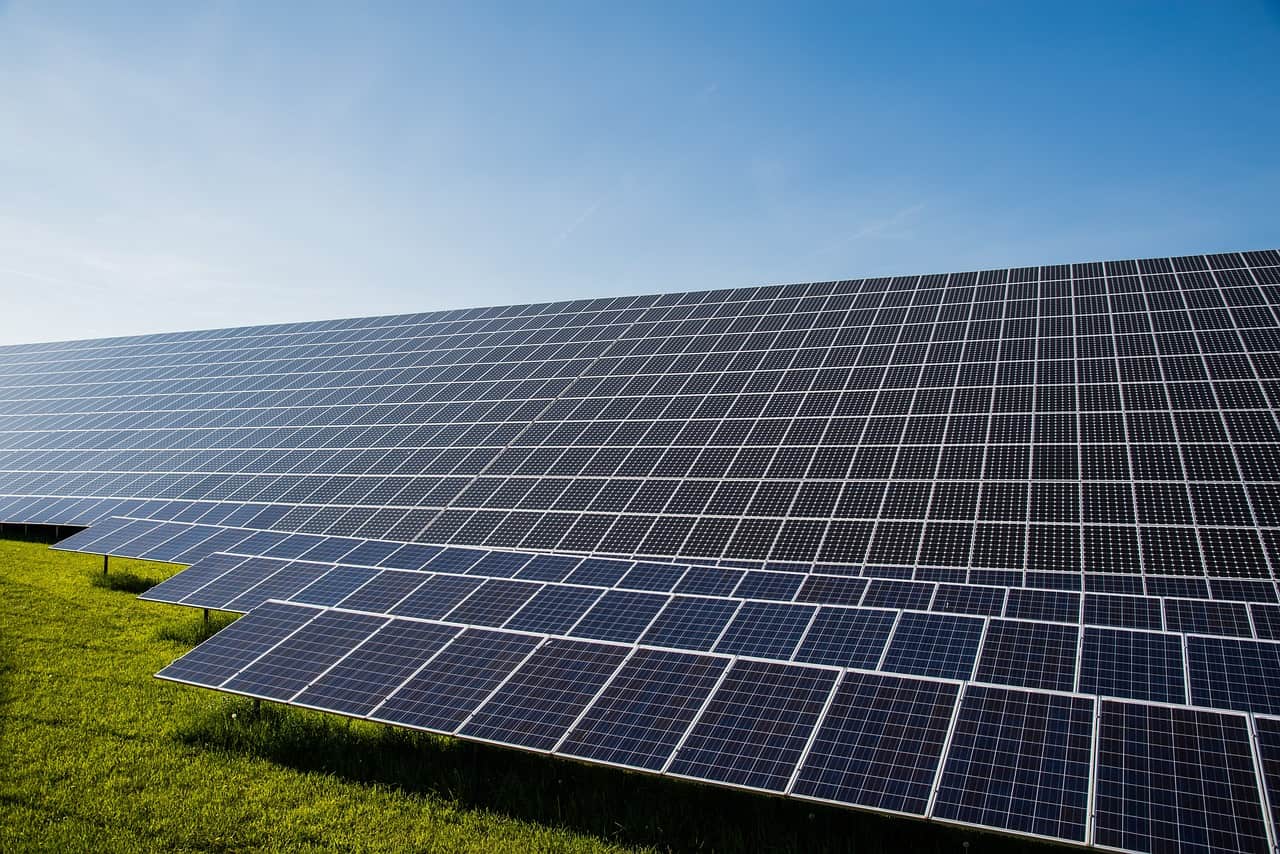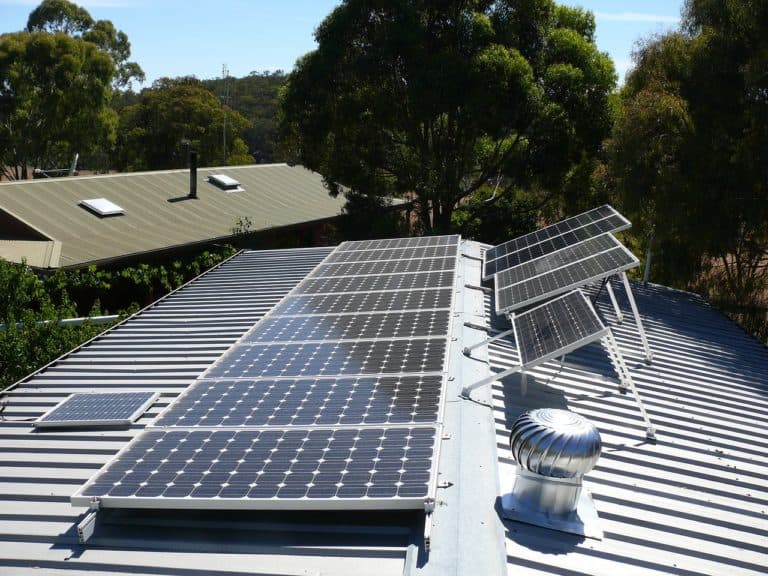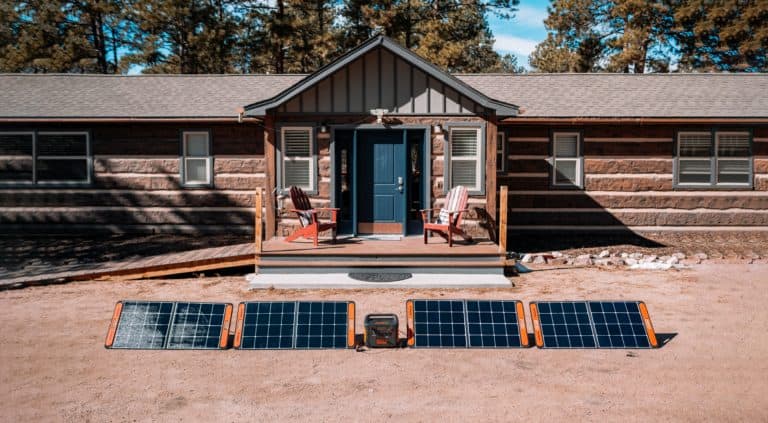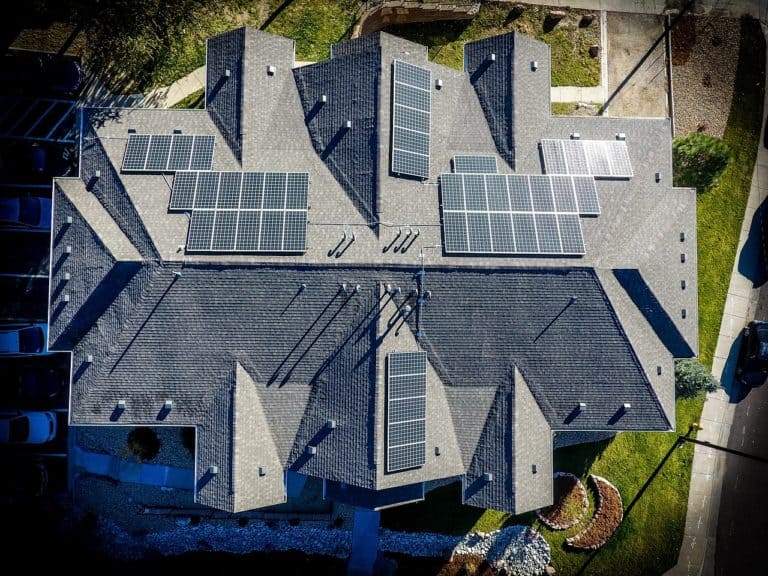Nigeria’s solar power drive: Journey to a sustainable future
Nigeria is seriously embarking on an inspiring journey towards a sustainable future. As part of its quest for solar power, the government remains intent on setting up and implementing initiatives that would harness the sun’s energy through its Energy Transition Plan.
One of the epochs of this development is the recent establishment of the Solar-Cell Factory for Green Energy Solutions in early 2023.
The Solar-Cell project is regarded as the first of its kind in the West African region. According to senior government officials in the country, this project is happening at a crucial time when the gap in energy poverty needs to be bridged while ensuring a more sustainable and renewable system of electric power generation.
Current power supply and demand realities
Over 500 million individuals in sub-Saharan Africa do not have access to energy. In Nigeria, over 50% of the population has access to electricity, but the country only distributes around 4,000MW a day.
Furthermore, Nigeria’s per capita electricity consumption stands at approximately 360kWh, which is significantly lower than the 12,000kWh and 6,600kWh consumed in the United States and Europe respectively..
Therefore, Nigeria must transform its energy landscape in order to meet the electricity demands required for socio-economic progress.


With the population of sub-Saharan Africa estimated to exceed 2 billion by 2050, there will be a projected annual increase in demand for electricity of 3 percent.
This takes into account a consistent increase in access to electricity alongside improved energy efficiency.
Nigeria relies heavily on hydro and fossil fuels for its electricity needs. Hence, in order to meet its economic developmental targets, and promote a healthy environment for its citizens while also adhering to the emission limits for greenhouse gases required by the 2015 Paris Agreement, Nigeria must focus on supplementing and expanding its grid by increasing generation capacity and deploying renewable energy.


One of the more promising sources of renewable electricity generation which requires investment and large-scale expansion is solar energy.
Moreover, Africa offers exceptional conditions for harnessing solar power, benefiting from surplus and reliable sunshine that surpasses most regions of the world.
When solar power is utilised on a smaller level, any excess electricity can be stored in batteries or supplied back to the electric grid.
Current solar power investment opportunities
Investment into solar power as a renewable source seems to be picking up in Nigeria, thanks to several government programs.
Nigeria, through the Rural Electrification Agency (REA), which is part of its ongoing national electrification schemes has embarked on providing solar energy solutions for the unserved while also boosting businesses.
This initiative, funded by a $550 million loan facility from the World Bank and African Development Bank, aims to deliver reliable and clean off-grid electricity access to about 705,000 households, 90,000 micro, small, and medium enterprises (MSMEs), 100 isolation and treatment centers as well as primary healthcare facilities.
A recent study by Boston Consulting Group and All On has found that the off-grid solar market in Nigeria is experiencing a significant surge, with an average yearly growth rate of 22% over the past five years.
This makes it one of the fastest-growing off-grid solar markets on the African continent.
Challenges of solar power accessibility
The installation expenses associated with solar appliances are very high, as they are determined by the installed capacity.
Despite these challenges, solar power still offers a more economically viable solution compared to conventional grid-based options..
Apart from the Standalone Solar Homes Systems for Households and MSMEs Output Based Fund (SHS OBF) scheme that enables customers to pay N4000 monthly tariff over three years, the technology stills seem to be quite costly when installed by individuals.
The World Bank has identified that the high cost of solar products is a major hindrance for the most disadvantaged households.
In addition, poor product quality and inadequate post-purchase support threaten the sustainability of the growing solar market.
To ensure a reliable energy basis for African development, it is imperative to adopt a more holistic financing approach that encompasses various aspects.
Overcoming the solar energy access barriers
African governments can generate significant revenue by reducing the inefficiency caused by their fossil fuel subsidy schemes.
Nigeria for instance, has in recent times already implemented policies to remove consumer subsidies on fuel.
Although this has triggered a corresponding escalation in the prices of consumer goods and services within Nigeria thus, generating considerable controversies, the new government has promised the re-channelling of these funds to improve other sectors of the economy and one would hope that will also include investments in renewable sources like solar energy.
Moreover, the Nigerian government can leverage more of its internal resources to fund the initial capital investments required for renewable energy projects.
It has been suggested that countries in sub-Saharan Africa, including Nigeria, have the opportunity to increase their tax revenues as the average tax-to-GDP ratio was around 14% in 2017.
Hence, implementing carbon taxation measures could serve as a dual solution that is, boosting tax income and mitigating carbon dioxide emissions from fossil fuels.
The Nigerian government must exert significant endeavours to draw private investments into the renewable energy sector.
Studies have identified risks associated with governance, such as bureaucratic red tape and regulatory fluctuations, as the primary deterrents to private investment in renewable energy projects in Africa.
Hence, in order to attract private financing, it is imperative to enhance governance and mitigate political risks.
Major reforms in the financial sector should be implemented to bolster the emerging green bond market while also reducing financial risk through the transfer of some responsibility to public entities can serve as catalysts in this respect.
At the global level, multilateral financial institutions can have significant roles in enabling long-term financing to support investments in mitigating climate change..
These institutions can also provide advice tailored to ensuring the effective deployment of climate financing.






